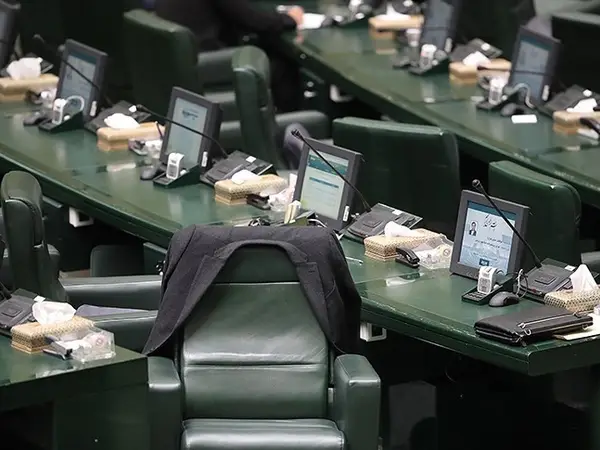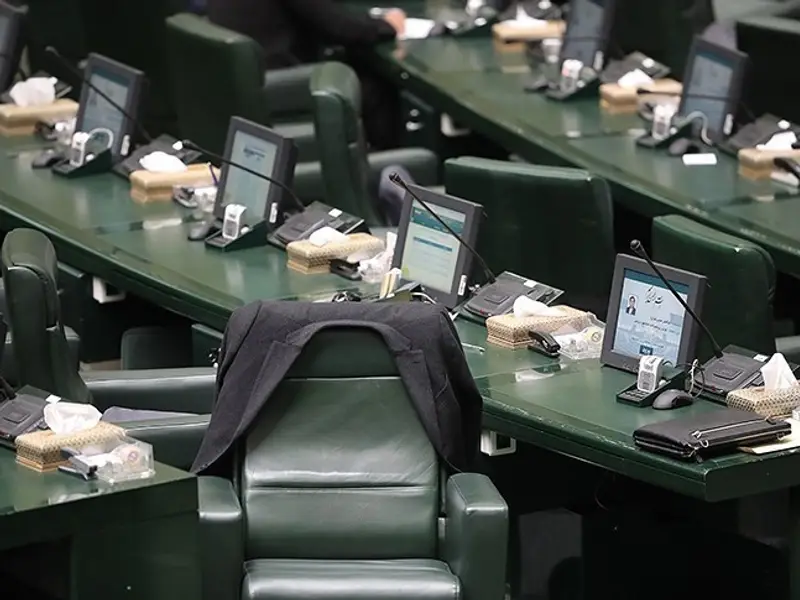A member of the Iranian parliament says the Expediency Council has exempted the executive and judicial branches from the transparency law.
The "Transparency of the Three Branches" draft law was presented by a group of parliament members in April 2022. After several debates between the parliament and the Guardian Council, the Expediency Council ultimately took responsibility for the final decision.
The Expediency Discernment Council is an administrative assembly appointed by the Supreme Leader with supervisory powers over all branches of the government. The Guardian Councilis 12-memberbody – half of whomwere directly appointed by Khamenei – that also has veto power over legislation passed by the parliament.
According to Abolfazl Torabi, the Expediency Council had previously exempted itself and the Supreme Supervisory Board from transparency, leaving only the legislative branch subject to it, which was already transparent.
He stated that the parliament's sessions are currently broadcast openly, and the people are informed of them. Additionally, 220 representatives have voluntarily declared their willingness for their votes to be transparent.
The Expediency Council, with opposition from President Ebrahim Raisi's administration and the judiciary to the transparency of their resolutions and documents, excluded these two branches from the transparency law.
In the parliament's draft, which was approved last year, the armed forces, the ministry of Intelligence, and the Atomic Energy Organization were also exempted from the law's jurisdiction.
In its annual report in February, Transparency International declared that Iran ranks 147th out of 180 countries in terms of corruption prevalence.

